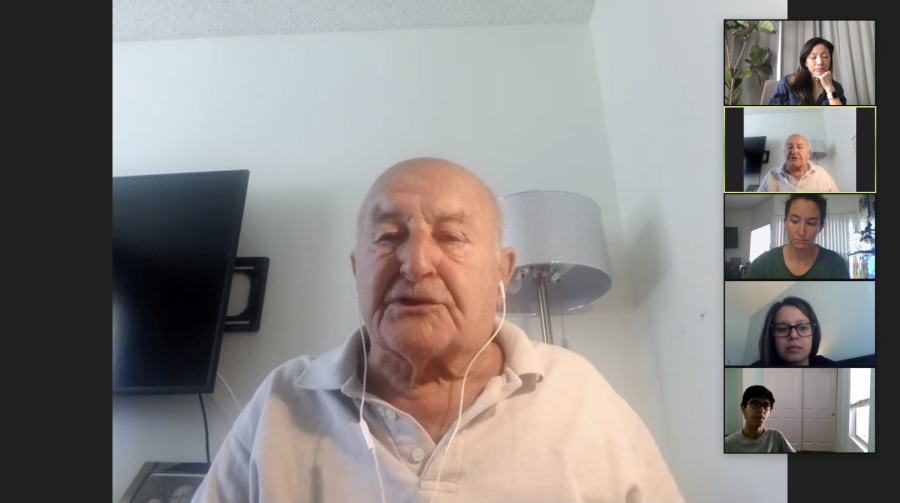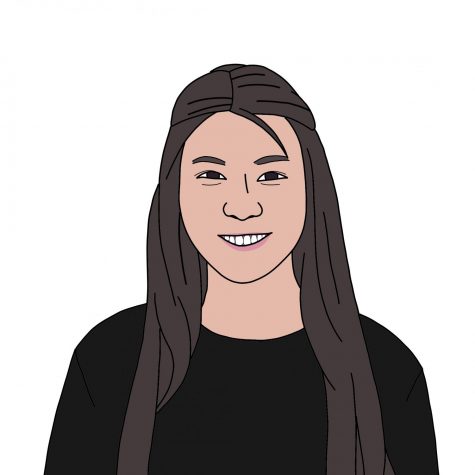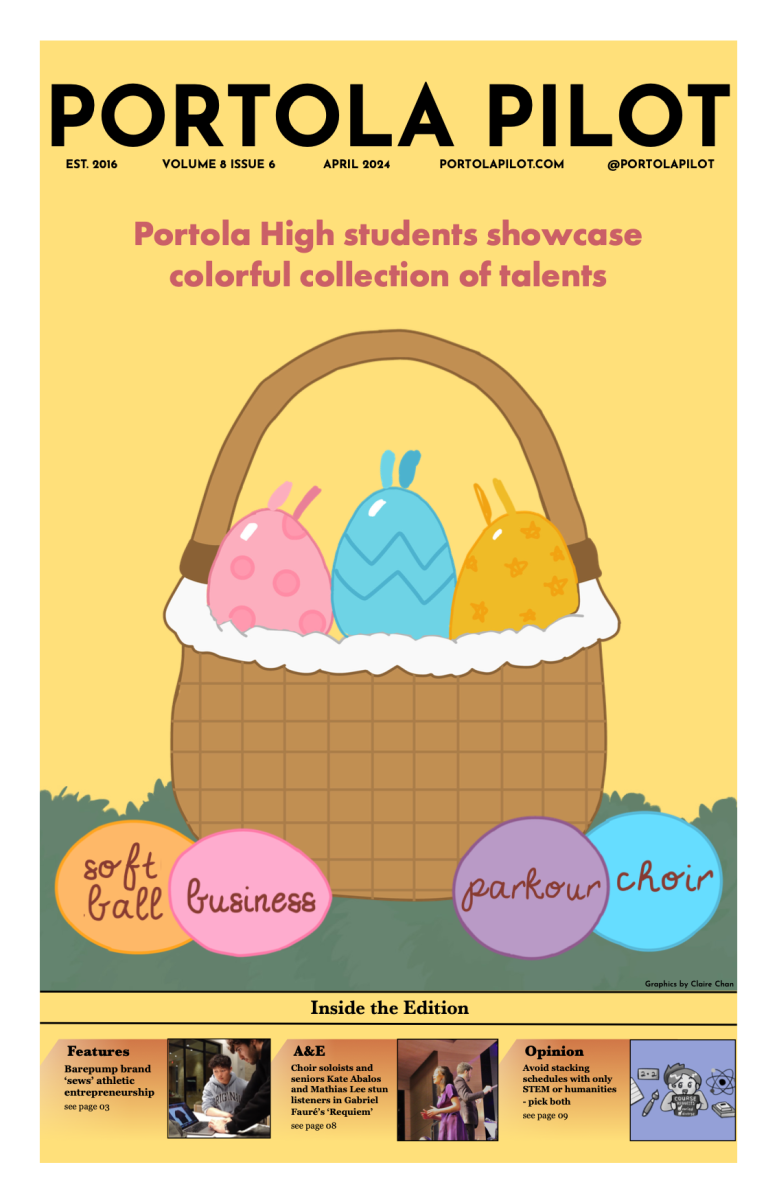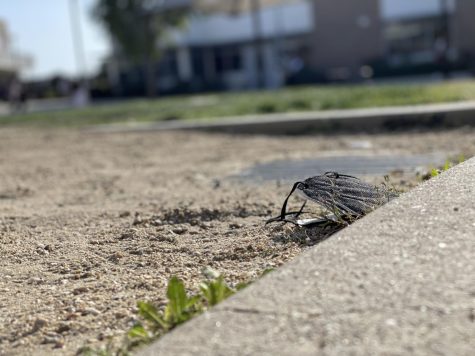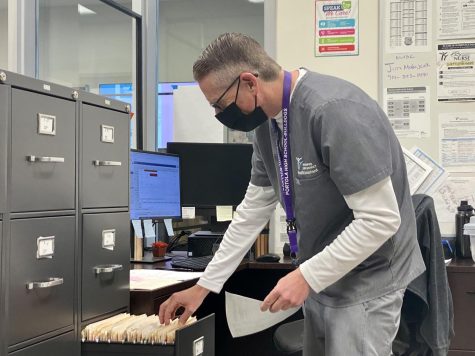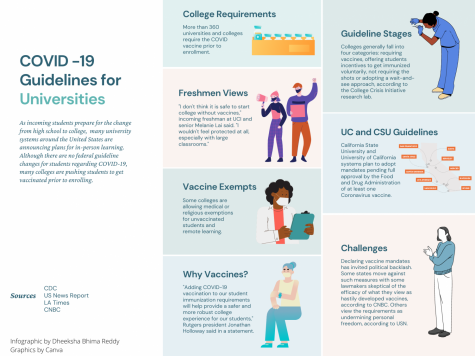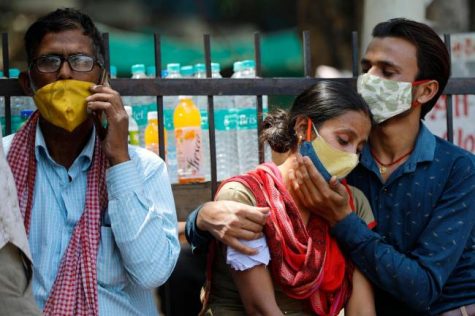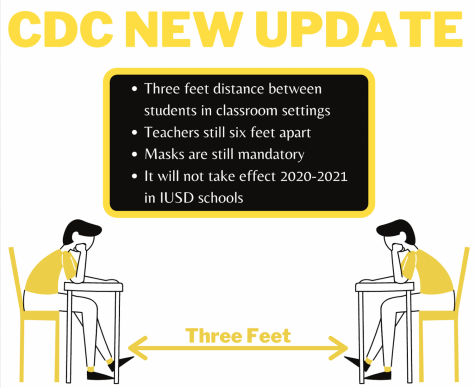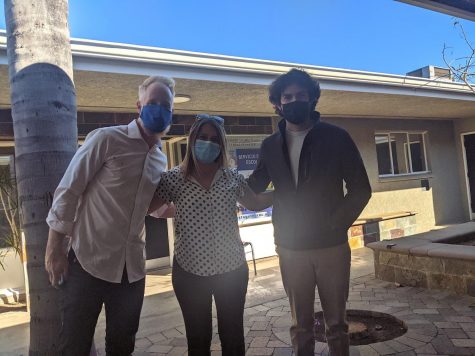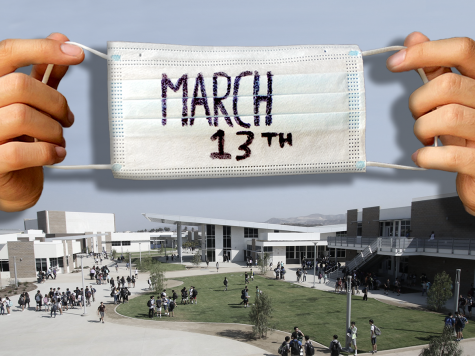Holocaust Survivor Recounts Crisis and Isolation via Video Conference for World History Students
Social studies teachers Virginia Nguyen, Natasha Schottland, Emily Sheridan, Katie Wi and Shameemah Motala planned for Sam Silberberg to present his story via Zoom after California received its shelter-in-place order, according to Nguyen.
April 17, 2020
Holocaust survivor Sam Silberberg spoke to over 50 students about his experience during World War II in a Zoom conference organized by the Modern World History teachers on April 16.
The teachers began planning in December for Silberberg’s appearance as an event in the theater for all freshmen to supplement their study of World War II. However, as the crisis from the COVID-19 pandemic unfolded, Silberberg’s time capsule of history transformed into a reminder of the lasting impact of global crises.
“His survival story teaches about the strength of the human spirit and of resiliency,” social studies teacher Katie Wi said. “It also teaches us that there’s so much human suffering both in the past and present to bring awareness to.”
Silberberg covered his journey from battling against starvation in a ghetto to laboring as a mason in a Nazi concentration camp, surviving a death march and ultimately finding refuge in a Catholic convent.
To bring his emotions into context, Silberberg suggested to the students that they have an impression of what isolation feels like because of the current quarantine. Silberberg’s story brought students another dimension of understanding beyond what they could learn from lectures and readings about the Holocaust.
“The presentation gave me insights into the awful personal experiences of the Holocaust that lessons in the textbooks do not give,” freshman Iman Shama said. “It was very sad to hear about Mr. Silberberg’s hardships that no one should have to go through, [especially] as a young teen.”
Silberberg also noted that the gravity of the Holocaust has more meaning to students now that they are learning about it with the context of another global crisis: the COVID-19 pandemic.
“Because of the pandemic, you have a handle of the statistics, and you are more sensitive to what transpired,” Silberberg said, in reference to the millions of Jews who died during the Holocaust.
Along with his parting message for students to never discriminate, Silberberg also cautioned students to remember not to take for granted the amount of freedom they have now, even with shelter-in-place restrictions.
“Psychologically, you know that it’s a temporary thing. It’s going to be over,” Silberberg said. “We will all be for the better for it and hopefully learn something from the experience.”



